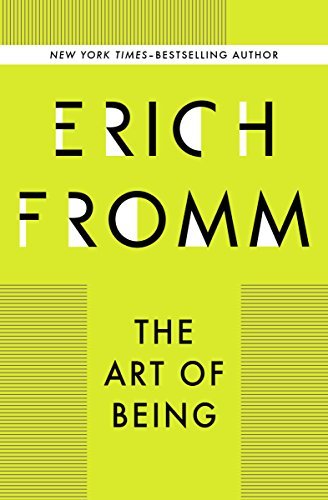What do you think?
Rate this book


126 pages, Kindle Edition
Published February 26, 2013

"If other people do not understand our behavior, so what? Their request that we must only do what they understand is an attempt to dictate to us... Mostly they resent our freedom and courage to be ourselves. We owe nobody an explanation or an accounting."